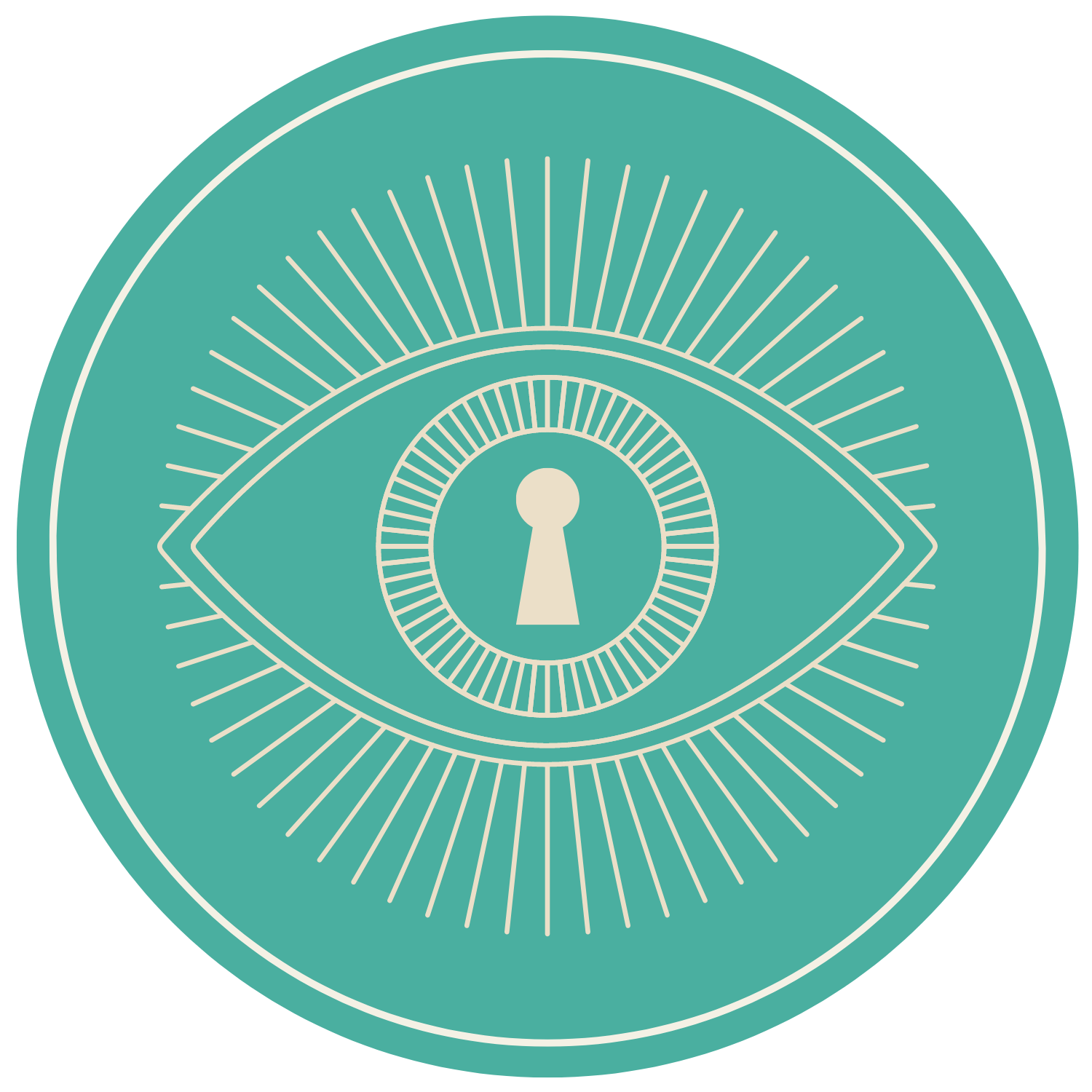Mindfulness SKILLS vs. Antidepressant: Which is More Effective for Anxiety Disorders
Anxiety disorders are a common mental health issue that affects millions of people worldwide. While medication such as antidepressants is often prescribed to help alleviate symptoms, recent research has shown that mindfulness-based stress reduction (MBSR) can be just as effective in treating anxiety disorders.
In a study conducted between June 2018 and February 2020, clinicians recruited 276 patients from three hospitals in Boston, New York City, and Washington, D.C. Participants were randomly assigned to either MBSR or escitalopram treatment (escitalopram is an SSRI antidepressant). Anxiety symptoms were assessed upon enrollment and at the end of the 8-week intervention, as well as 12 and 24 weeks after enrollment.
The results of the study showed that both the MBSR and escitalopram groups experienced a significant 30% or so drop in the severity of their anxiety symptoms.
This suggests that MBSR can be just as effective as medication in treating anxiety disorders.
What's particularly interesting is that participants in the MBSR group reported that although their daily tasks and workload remained the same, their perception had changed. They were better able to manage their anxiety symptoms and experience a greater sense of calm and wellbeing in their daily lives.
This study's findings are especially intriguing for those who practice Dialectical Behavior Therapy (DBT), which incorporates mindfulness as a core component. While previous research has shown that DBT is effective for treating anxiety, this study's comparison of mindfulness to a pharmaceutical treatment is a new development. It will be fascinating to see if future studies compare DBT's mindfulness skills to pharmaceutical treatments and examine how its efficacy compares to MBSR.
We must highlight that Dialectical Behavioural Therapy is compatible with antidepressants, and that the latter can offer a great opportunity for clients to learn skills to help manage their emotions with additional help.
While the findings are promising, it's worth noting a disadvantage to mindfulness based treatments, and this is time. While medication can offer immediate relief, learning and practicing mindfulness requires a commitment of time and effort.
In conclusion, MBSR can be an effective alternative to antidepressant medication for individuals struggling with anxiety disorders. By investing time and effort in practicing mindfulness, individuals can develop a greater sense of control over their symptoms and experience long-lasting benefits for their mental health and wellbeing.
REFERENCE:
Georgetown University Medical Center. (2022, November 9). Mindfulness-based stress reduction is as effective as an antidepressant drug for treating anxiety disorders, study finds. ScienceDaily. Retrieved April 3, 2023 from www.sciencedaily.com/releases/2022/11/221109124354.htm

